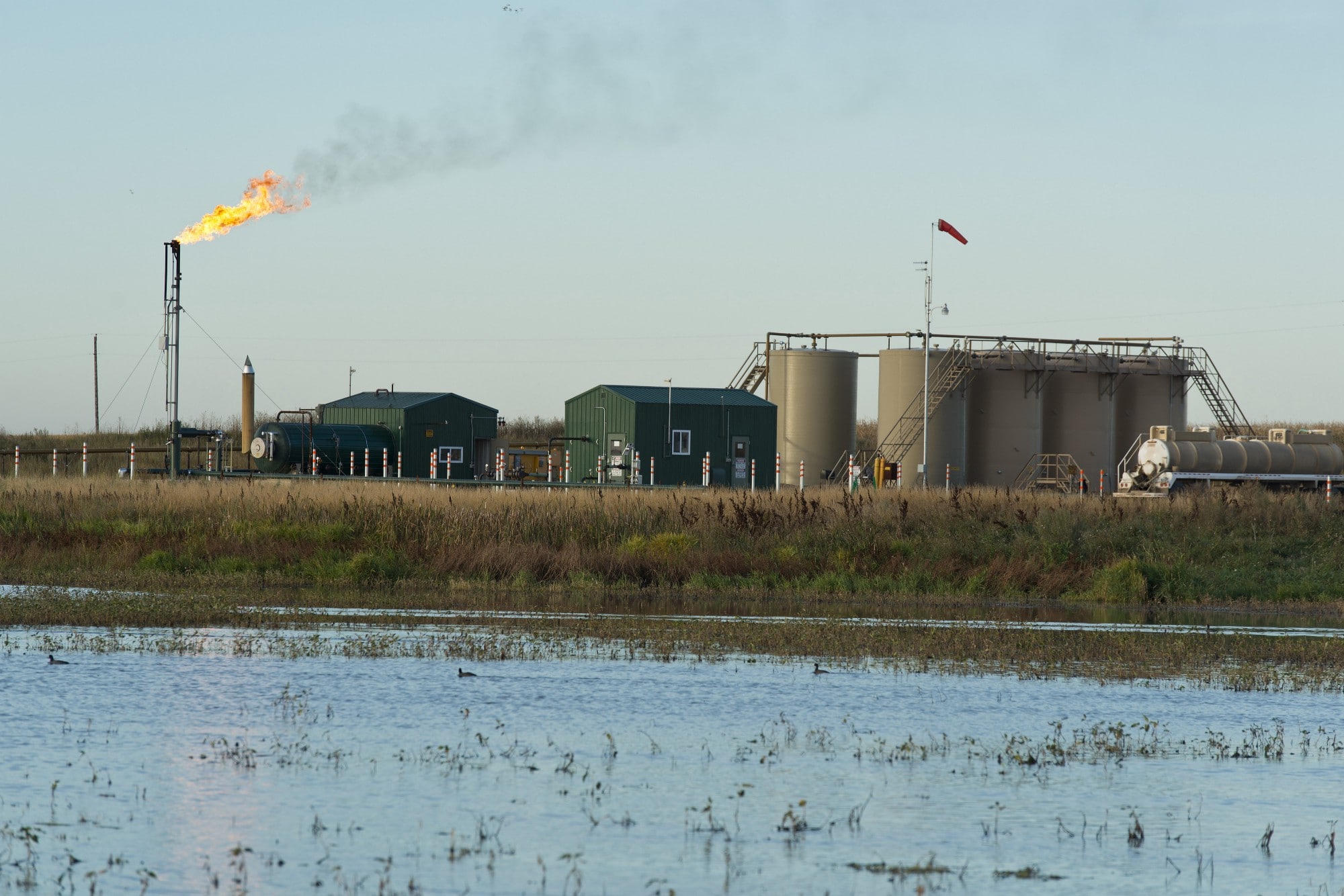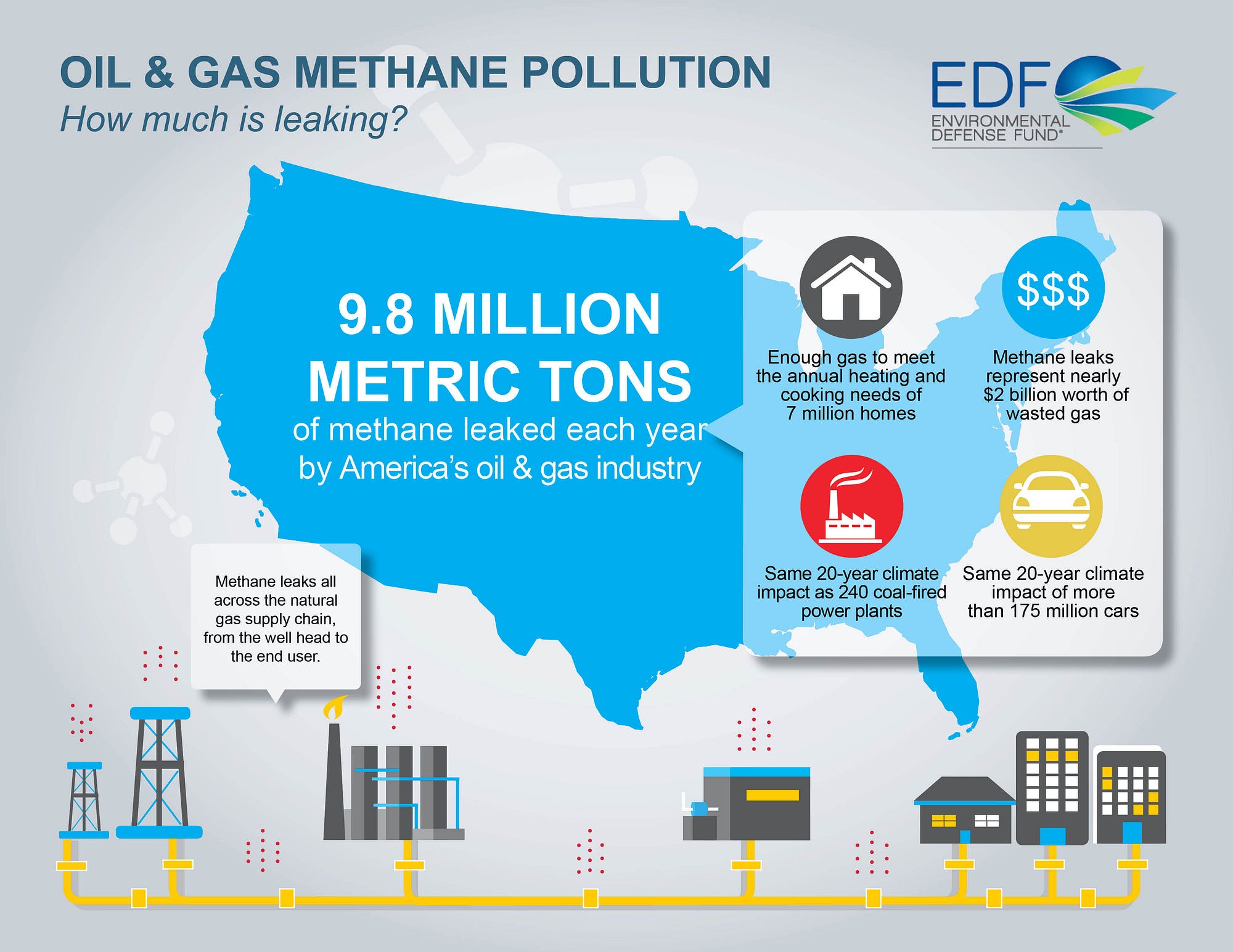
How can OPIC protect communities and the planet?
In the waning days of the Obama administration, government agencies are scrambling to finalize new policies before the Trump administration comes to Washington in January. One such agency is the Overseas Private Investment Corporation, the United States development finance institution. Last year, OPIC began a revision of its Environmental and Social Policy Statement, which is its framework for monitoring and evaluating projects that it finances. This process provides an opportunity for OPIC to strengthen its environmental and social risk assessment and improve its engagement with and benefits for local communities. Ensuring that the ESPS has strong protections for the environment and local communities will be of the utmost importance if we want to have any chance of preventing Donald Trump from going on an overseas fossil fuel financing spree when he assumes the presidency.
As a development agency, OPIC has the duty to ensure that its investments benefit and not worsen the conditions in these countries.
In September, OPIC released its draft revision of the ESPS after about a year-long consultation with civil society organizations and businesses. Friends of the Earth and 17 allies submitted comments highlighting the deficiencies of the current draft and encouraging stronger accountability and due diligence procedures. To protect the world from bearing the brunt of Trump’s absurd conspiracy theories on climate change, we urge OPIC to implement the following improvements to the ESPS expeditiously.
Evaluation of the climate impacts of natural gas
As we prepare to return to drill, baby, drill policies, it is of the utmost importance that the Obama administration put in place measures that, in effect, prevent the financing of fossil fuel projects. The impacts of climate change, including desertification and reduced food security, disproportionately impact many of the countries that OPIC aims to help. As a development agency, OPIC has the duty to ensure that its investments benefit and not worsen the conditions in these countries. Recent studies have found natural gas, while often touted as a bridge fuel, is worse for the climate than coal. Therefore, OPIC should revise its ESPS to specifically highlight the negative impacts of natural gas and require rigorous assessments of these projects.
Appropriate metrics for measuring climate impacts of Methane
While it may not get the attention of its more famous cousin carbon dioxide, methane is a more potent greenhouse gas in the short-term. Despite this, OPIC continues to use metrics that underestimate the climate impacts of methane by looking at the gas over a 100-year period, rather than a 20-year period, which would more appropriately reflect methane’s stronger impact. If we had a hundred years to wait before taking action, then using a 100-year metric would make sense, but scientists have repeatedly warned us of the need to take immediate action to reduce carbon pollution to have any hope of avoiding the worst impacts of climate change.

Accounting for the significant issue of methane leakage
Methane leaks at various points along the life cycle of natural gas, including during extraction and transport. Because of this leakage, recent data have shown that methane emissions are much higher in the U.S. than previously calculated by the Environmental Protection Agency. Some estimates put methane leakage from oil and gas production at 17 percent. Higher leakage rates mean that the U.S.’s use of natural gas has a greater impact on the climate than the Obama administration may like to admit. To accurately assess the impacts of natural gas, the ESPS should require a calculation of potential methane leakage.
OPIC must take advantage of every opportunity it now has at its disposal to fend off Trump’s and his appointees’ almost certain attempts to destroy the climate and erode vital human rights protections. Our future on this planet depends on it.
Read the full comments here.
Related Posts
Ways to Support Our Work

Read Latest News
Stay informed and inspired. Read our latest press releases to see how we’re making a difference for the planet.

See Our Impact
See the real wins your support made possible. Read about the campaign wins we’ve fought for and won together.

Donate Today
Help power change. It takes support from environmental champions like you to build a more healthy and just world.